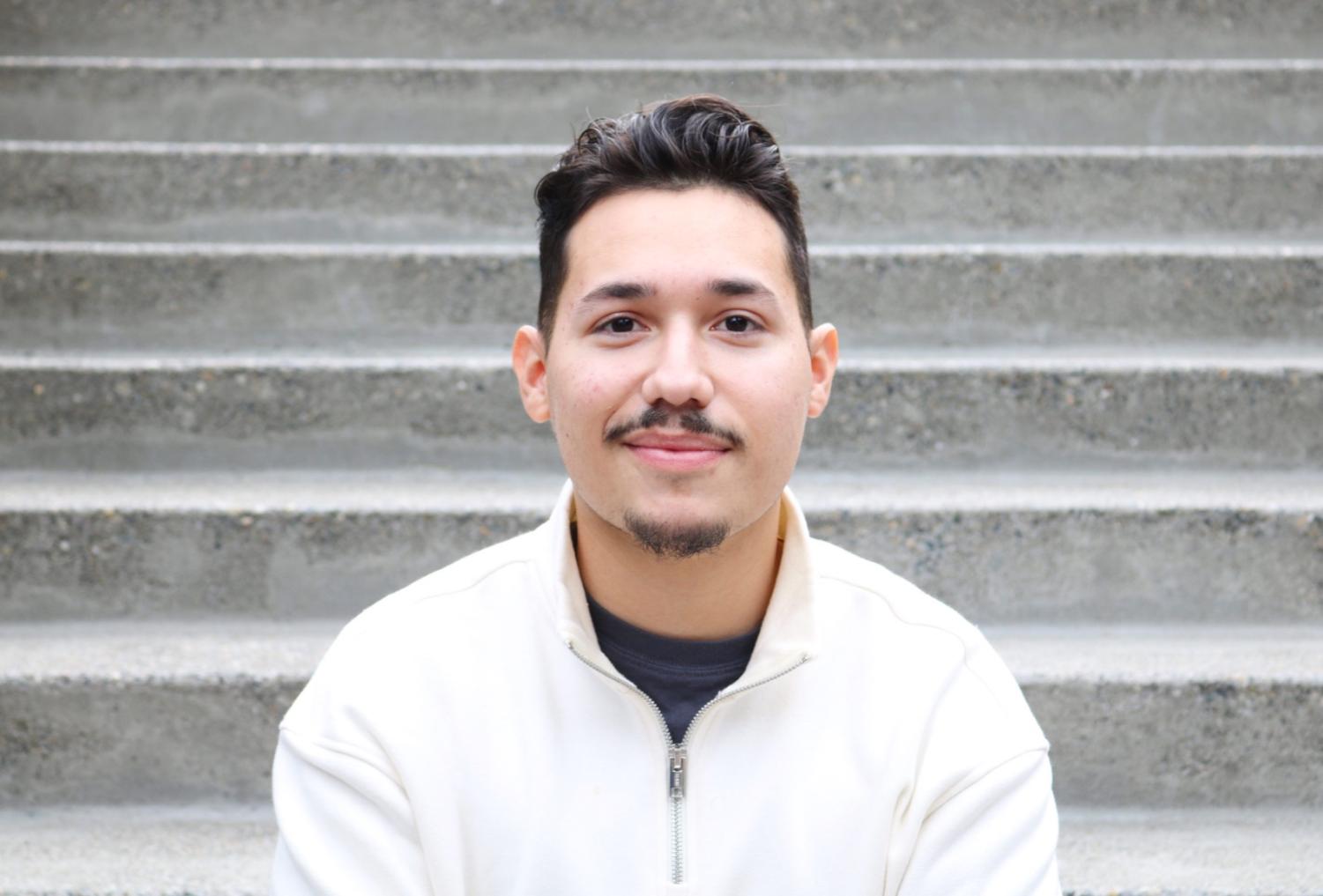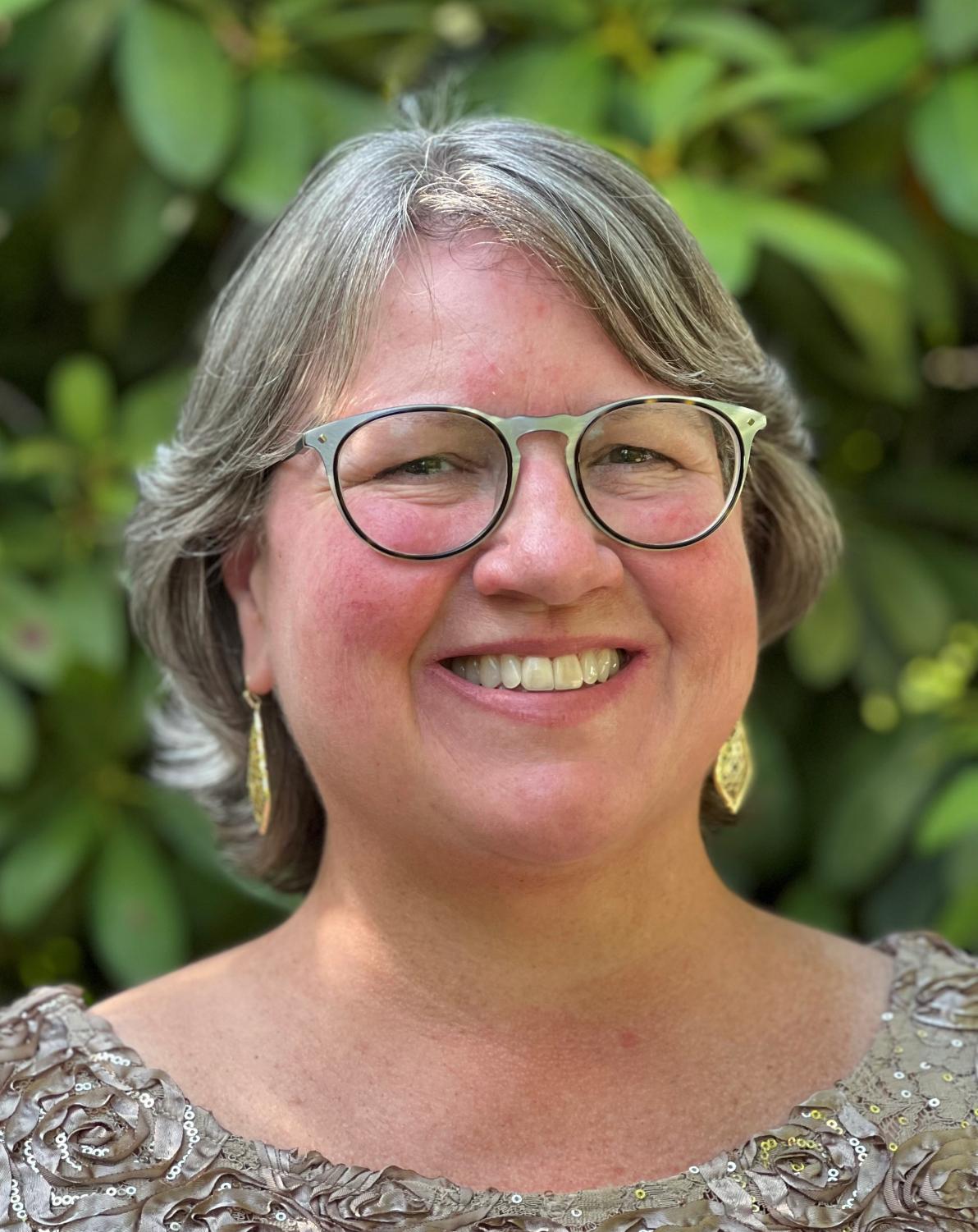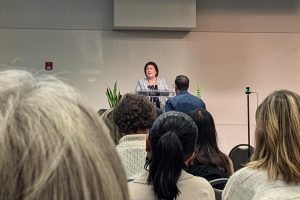Venturing into first-time journeys
How first generation students made decision to pursue higher education
April 14, 2023

Going to college can be a unique and nerve-wracking experience for all students who chose to expand their education. Moving into their dorm for the first time, attending lectures and living on their own are all experiences that are by no means easy for anyone. Imagine, however, being one of these students who must do it not just for themselves but for their family too.
Being a first-generation student in college requires taking a big first step to begin a journey that their parents were either unable to take or decided not to take. They are essentially beginning an adventure unfamiliar to those closest to them. For many students, this can be scary and unnerving, but for others, it can be mysterious and exciting.
Dr. Julie Antilla, associate professor of educational leadership at SPU, initially attended college in the 1990s and was the first in her family to do so. Before Antilla became a teacher, she had not anticipated going to college; however, a small spark of interest began to grow while abroad.
“When I was a teenager, I wanted to be a missionary who lived and worked in countries other than the United States. Right after high school, I moved to Zimbabwe to work with a parachurch organization and it was then that I realized that many countries’ visa requirements include a declaration of an occupation,” Antilla said. “I wanted to be sensitive to the political and religious suspicions of Christian missionaries and also have an occupation other than just ‘missionary’ to list on travel documents. I determined that most countries needed and accepted teachers from the U.S. to fill vacancies in their schools.”
After making the decision to come to college, Antilla had to deal with the resistant and hesitant attitudes of her parents who did not see higher education as the right path for their child.

“My parents were strongly opposed to me pursuing a college degree. I am the youngest of eight children, born to parents who grew up during the depression and World War II, and they did not see any value in higher education. They believed the best thing a person could do when they became an adult would be to get a job, pay taxes and be a good citizen,” Antilla said.
Despite her parents’ opposition, she decided to go through with her college plans anyway. When she first arrived on the campus of Wheaton College in Illinois, Antilla realized that not everything was as she expected and that she had to adapt to the new environment.
“The most significant learning was cultural rather than academic. I would say that I experienced as much culture shock moving to a conservative Christian college in the Midwest as I experienced moving to Zimbabwe after high school,” Antilla said. “I grew up in a very casual, Southern California environment with my developmental years split between Charismatic Catholic and Pentacostal Protestant church experiences, so I was not used to the Midwestern, mainline social and religious formalities. However, I learned through observation and experience.”
In the end, Antilla overcame the cultural learning curve and expressed that her decision to become the first person in her family to attend college was an important and monumental one for her. She acknowledges that it was hard to go against her family’s wishes but that, sometimes, making a choice like that is necessary.
“I would encourage all first-gen students to complete at least a bachelor’s degree and to be open to exploring a graduate degree. Students are living an experience their families may not be able to imagine and therefore may not be able to support,” Antilla said. “Families of first-gen students, I believe, give the best advice they have, based on their own experiences and on their own hopes and fears. They may not see what can be accomplished with a degree, but first-gen students can be ones to expand the family’s social and cultural understanding.”
Unlike Antilla, who has already acquired her degree and prospered from the rewards granted from earning it, many current first-generation students are still working to earn theirs and make their families proud.
Christian Flores-Anguiano, a third-year business major, currently attends SPU as a first-gen student and brings his perspective of what it is like to be the first in the family to attend college in 2023.
Flores-Anguiano chose to come to SPU not only because he would be covered financially, but also because the school’s location provided an opportunity for success in his chosen field.
“College was something I knew I wanted to pursue around my middle school years. I quite enjoyed my schooling as a kid and eventually pinpointed a field of study that I was interested in. As far as deciding to come to SPU, that is based on a culmination of factors such as it being in-state, which meant my CollegeBound pledge covered tuition,” Flores-Anguiano said. “It is also in Seattle, so that meant it would be great for possible business opportunities, but my favorite thing was the small class sizes. I like being known by my professors by name. They care to really make sure everyone can succeed and not just be, for example, student number 187 out of a 400-plus course enrollment.”
Flores-Anguiano has expressed that his college experience has been great, but it has not all been smooth sailing. He has struggled to push past keeping his college life separate from his parents. Flores-Anguiano wants to share it with them, but finds it can be difficult to express these aspects of life with them.
“Often I’ve found myself keeping my college academics and life limited to my parents. On top of being a first-gen student, my parents’ first language isn’t English, so there are already quite a few things that get lost in translation,” Flores-Anguiano said. “I’ve also definitely had my fair share of doubts about whether my major is right for me and of feeling lost and worried about the future. I have met with the Student Health, Wellness and Counseling Center in the past to be able to share these doubts and worries with someone because it just wasn’t something I felt the most comfortable doing with my family.”
Being a first-generation student is not always easy. However, if there is one thing to be learned from the stories of first-generation experiences both past and present, it is that the journey overall is almost always rewarding and fulfilling.



























































































